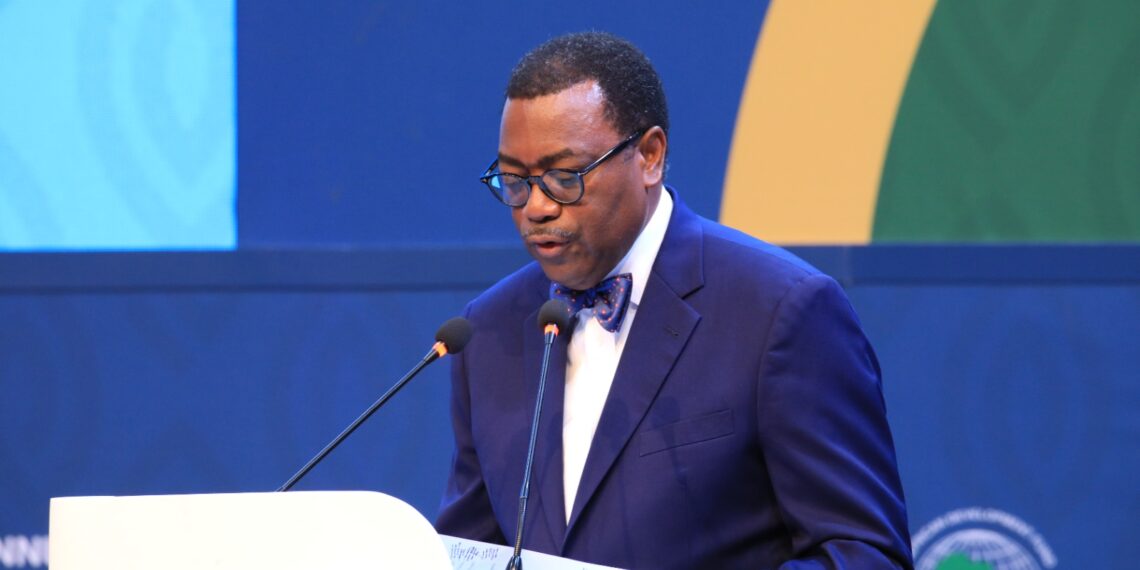Ministry Reduces Subjects in lower and upper Primary as part of Education Reforms
- Uncategorized
- No Comment
- 299

- The Kenya Institute of Curriculum Development (KICD), in consultation with MoE rationalised learning areas.
- In Pre-Primary (PP1-PP2), they agreed that learning areas remain five as they are consistent with the recommendation by the PWPER report.
The Ministry of Education has reduced subjects for lower and upper primary schools as recommended by the Presidential Working Party on Education Reform (PWPER).
The report on the implementation of the Competency-Based Curriculum (CBC) was launched on August 1, 2023.
The PWPER recommended that the Kenya Institute of Curriculum Development (KICD) rationalise the number of learning areas and curriculum designs in terms of scope and integration of subjects within learning areas, gaps, content overload and overlaps in Basic Education as follows.
According to PWPER in the Pre-Primary (PP1-PP2), learning areas should not exceed five, in Lower Primary (Grades 1-3) they recommended that learning areas should not exceed seven and in Upper Primary (Grades 4-6) the learning areas should not exceed eight.
Other recommendations are that in Junior School (Grades 7-9) the learning areas should not exceed nine and in Senior School (Grades 10-12) the learning areas should not exceed seven.
The Kenya Institute of Curriculum Development (KICD), in consultation with MoE rationalised learning areas.
In Pre-Primary (PP1-PP2), they agreed that learning areas remain five as they are consistent with the recommendation by the PWPER report.
Agriculture and aspects of Home science have been integrated into one composite subject referred to as Agriculture and Nutrition with four lessons per week.
In Pre-Primary the five learning areas and number of lessons include Language Activities (5), Mathematical Activities (5), Creative Activities (6), Environmental Activities (5), Religious Activities (3) and Pastoral/Religious Instruction Programme (1).
The ministry said that in Lower Primary the learning areas have been reduced from the current nine to seven.
MoE said the number of lessons have been reduced from 35 to 31 per week including Pastoral Programme of Instruction (PPI).
Hygiene and Nutrition activities have been integrated within Environmental Activities with four lessons.
Creative Arts to comprise aspects of Art, Craft, Music and Physical Education with seven lessons.
The Lower Primary (Grade 1-3) earning areas and lessons include Indigenous Language Activities (2), Kiswahili Language Activities and Kenya Sign Language Activities (4), English Language Activities (5), Mathematical Activities (5), Religious Education Activities (3), Environmental Activities(4), Creative Activities (7), Pastoral and Religious Instruction Programme (1).
In Upper Primary (Grades 4, and 6) the learning areas will be reduced from 10 to eight.
The number of lessons will be reduced from 40 to 35 per week including the Pastoral/ Religious Programme of Instruction.
Agriculture has been integrated with aspects of Home Science into one composite subject referred to as Agriculture and Nutrition to have four lessons per week.
Creative Arts to comprise aspects of Arts and Craft, Music and Physical Education with seven lessons.
The learning areas for Junior School will be reduced from fourteen to nine.
MoE said all nine core subjects shall be taken by all learners.
The number of lessons has been reduced from forty-five to forty per week including the Pastoral Programme of Instruction (PPI).
Integrated Science and Health Education have been integrated into one learning area referred to as Integrated Science with five lessons per week.
Social Studies and Life Skills Education have been integrated into one learning area referred to as Social Studies with four lessons per week.
Agriculture and aspects of Home science have been integrated into one composite subject referred to as Agriculture and Nutrition with four lessons per week.
Pre-technical Studies, Computer Studies and Business Studies have been integrated into one composite subject referred to as Pre-Technical Studies with four lessons per week.
MoE said that Physical Education and Sports, Visual Arts and Performing Arts have been integrated into one composite subject referred to as Creative Arts and Sports with five lessons per week.
Other Languages (Foreign, Sign Language (SL) and Indigenous Language) are to be implemented as non-formal programmes and will be non-examinable at Junior School.
The ministry said that Designs and curriculum support materials shall be provided to schools to guide their implementation.
Ministry reduces subjects in lower and upper Primary as part of education reforms (msn.com)





